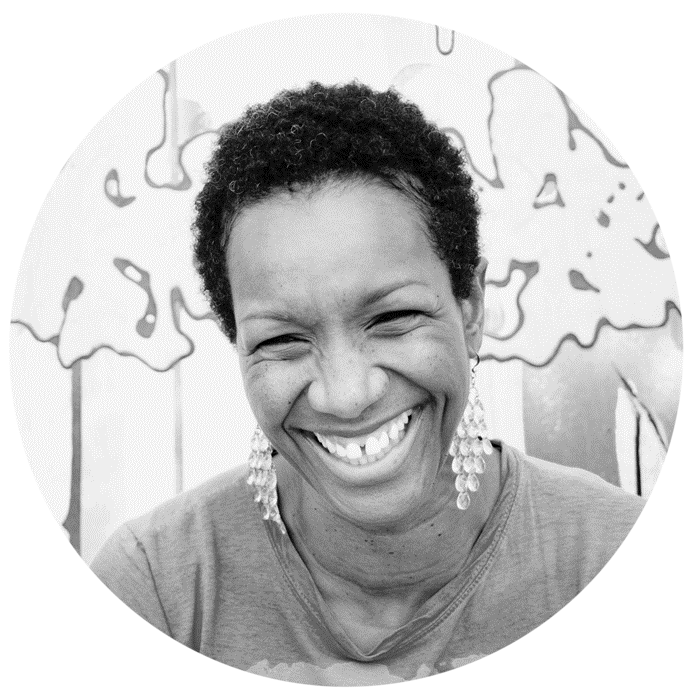BY MARY-ELIZABETH HARMON
Founding Mother, Chard & Stripes
I think I did a pretty good job last week distilling how our puritanical thinking hurts charities.
Even so, I wouldn’t give to most charities and think many do more harm than good.
My father worked in international development, which is how I came to grow up in Kenya. There, I grew to disdain organizations trying to save the poor Africans. I’ve since transcended that feeling, but with my current understanding of things—we reap what we sow in word, deed, and energy—I believe…
Sowing $eeds in a spirit of increasing capacity to make prosperity reaps prosperity, but…
Sowing $eeds in a spirit of saving or fighting reaps more to save and fight.
Or as Paul Kagame, President of Rwanda, puts it in the film Poverty, Inc.:
“Aid leads to more aid, and more aid, and more aid and less independence for the people receiving aid.”
And that’s aid from nations and compassionate—yet insistent to help—individuals alike.
But as author Theodore Dalrymple says, “Compassion is not simply vehement expression of a point of view. … The compassionate person has to consider the practical effects of what he’s proposing.”
Using commentaries on TOMS Shoes’ buy-one-give-one model—which undercuts local shoemaking and selling in “beneficiary” communities—to U.S. food aid to a church flooding one community with eggs, Poverty, Inc. can help each of us examine if we’re part of the aid problem.
Queen Elizabeth’s death has sparked a reckoning about Britain’s colonial past. Ghanaian entrepreneur Herman Chinery-Hesse is grappling with “multiple colonial governors” today. “We are held captive by the donor community,” he says, also noting he’s never heard of a country that developed on handouts.
He knows about countries that developed through trade, innovation, and business, the same as Senegalese serial entrepreneur Magette Wade:
“Emergency disaster relief has become a permanent model.”
“We need to focus more on how are we gonna make sure that these people who have been excluded can now have a foot in.
And once they have a foot in, watch the magic happen. It’s gonna happen and it’s gonna happen faster than you ever thought and it’s gonna be beautiful.”
Sounds like sage advice not just for Africa but everywhere.
Stream Poverty Inc. for free (with ads) or rent it on Amazon, Vudu, Apple TV, Google Play or YouTube.
P.S. My Dad worked for the Kenyan government and was paid in shillings, when he was paid at all. He wasn’t that American entering a situation with guns blazing.

Dr. Mary-Elizabeth Harmon is a scientist turned storyteller and Founding Mother of Chard & Stripes, a “school” of prosperity making and word-of-mouth marketing platform for kind people, products and businesses in food, fashion & more. Subscribe to her newsletter here.

